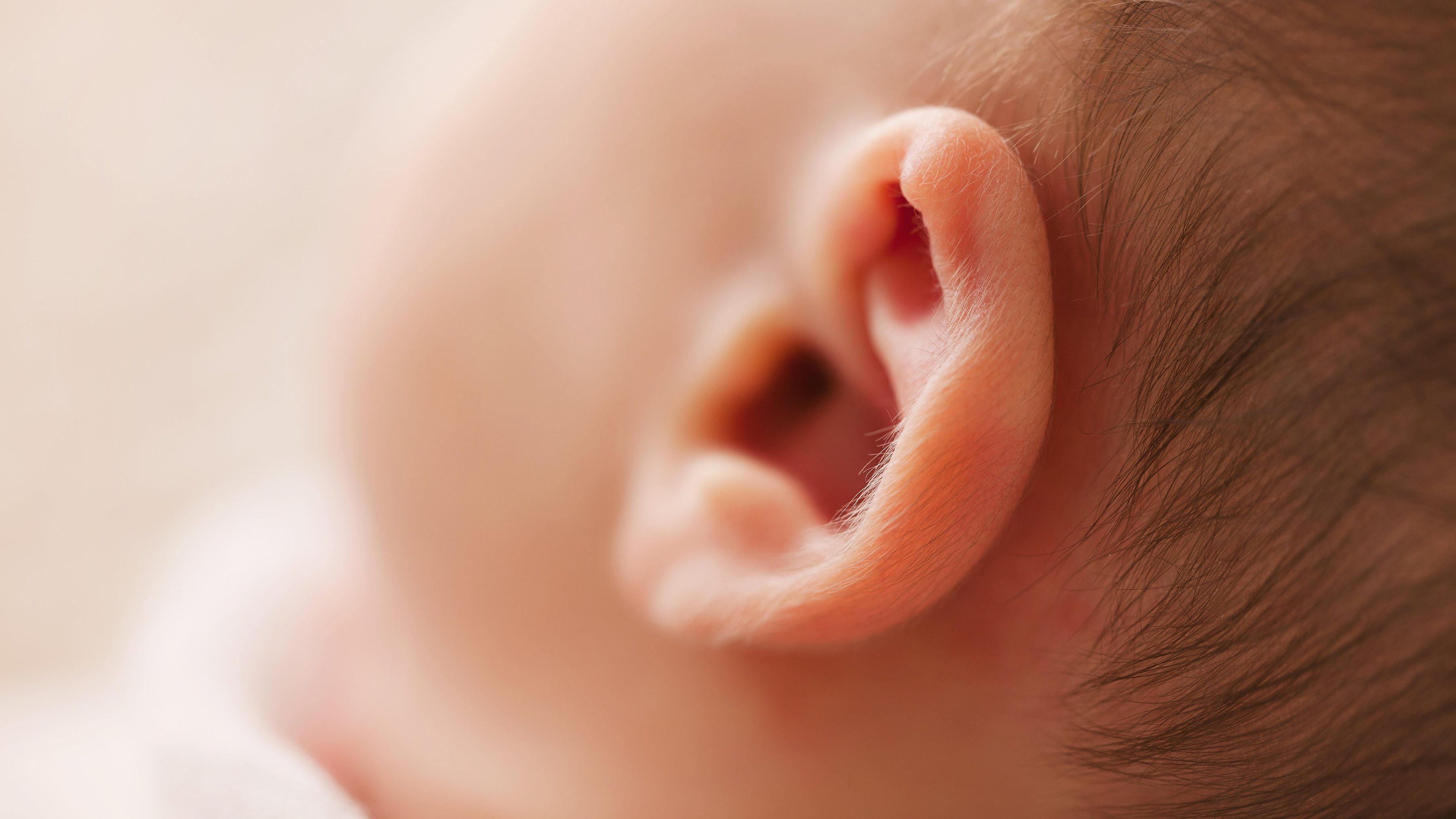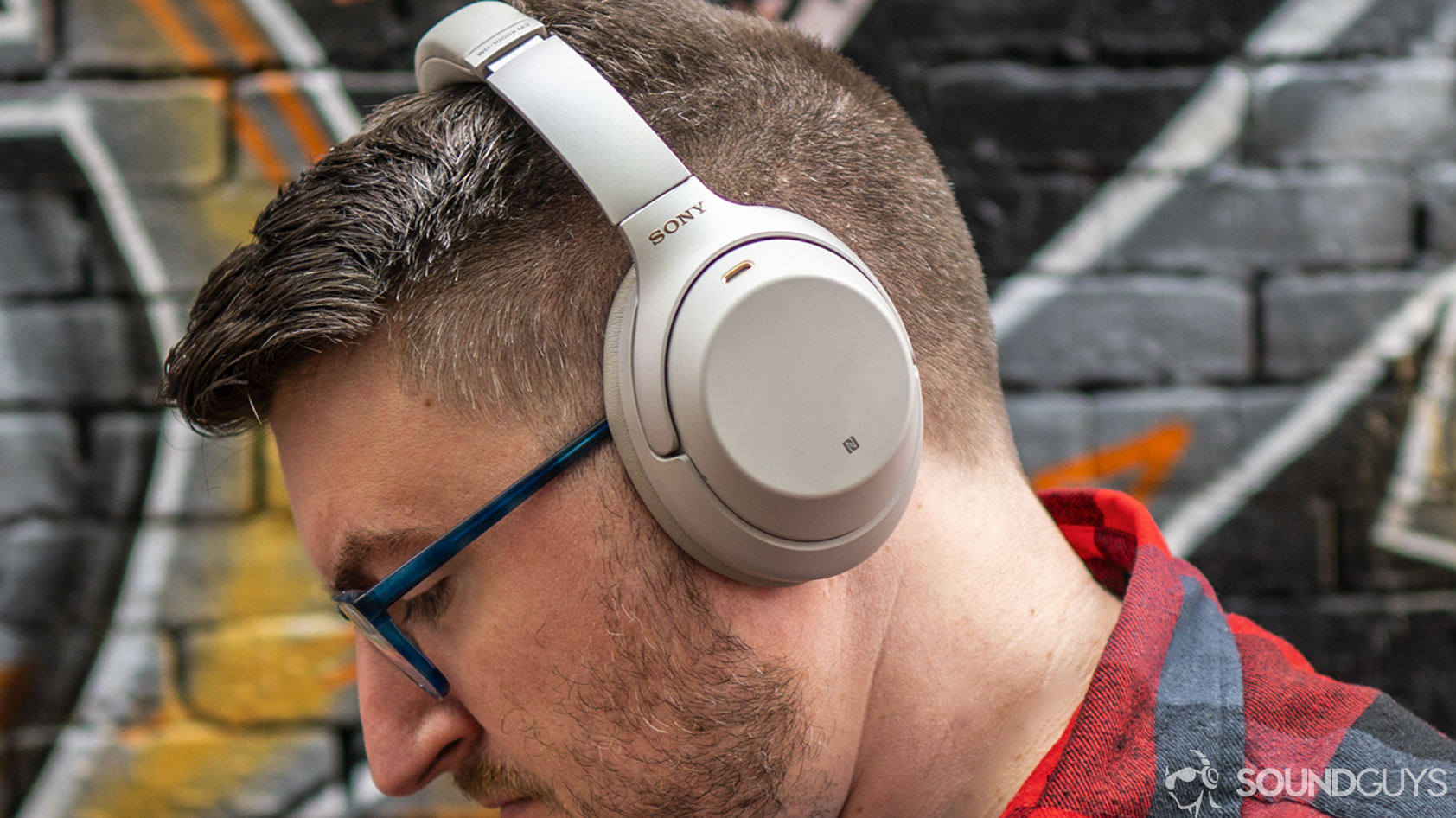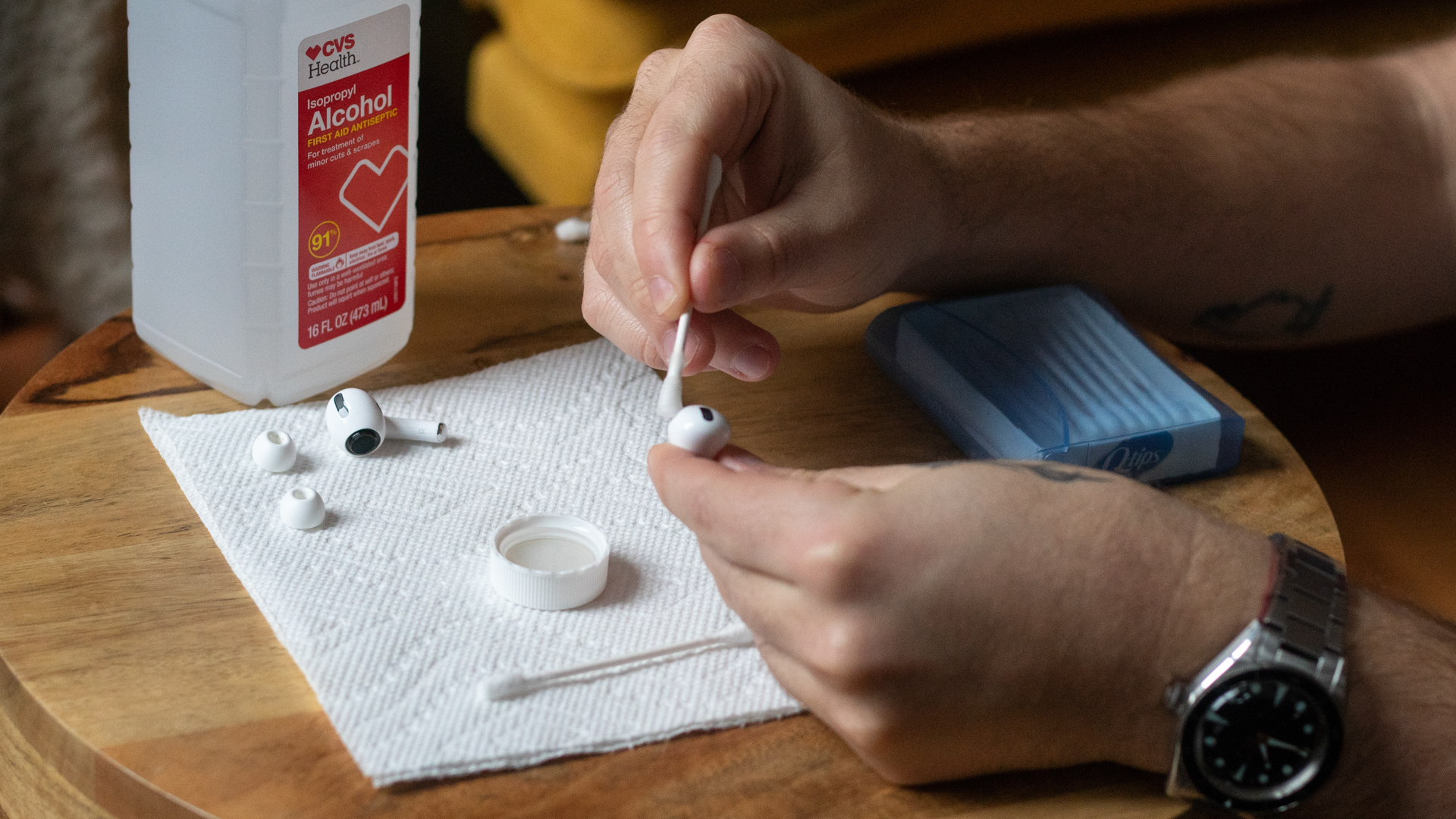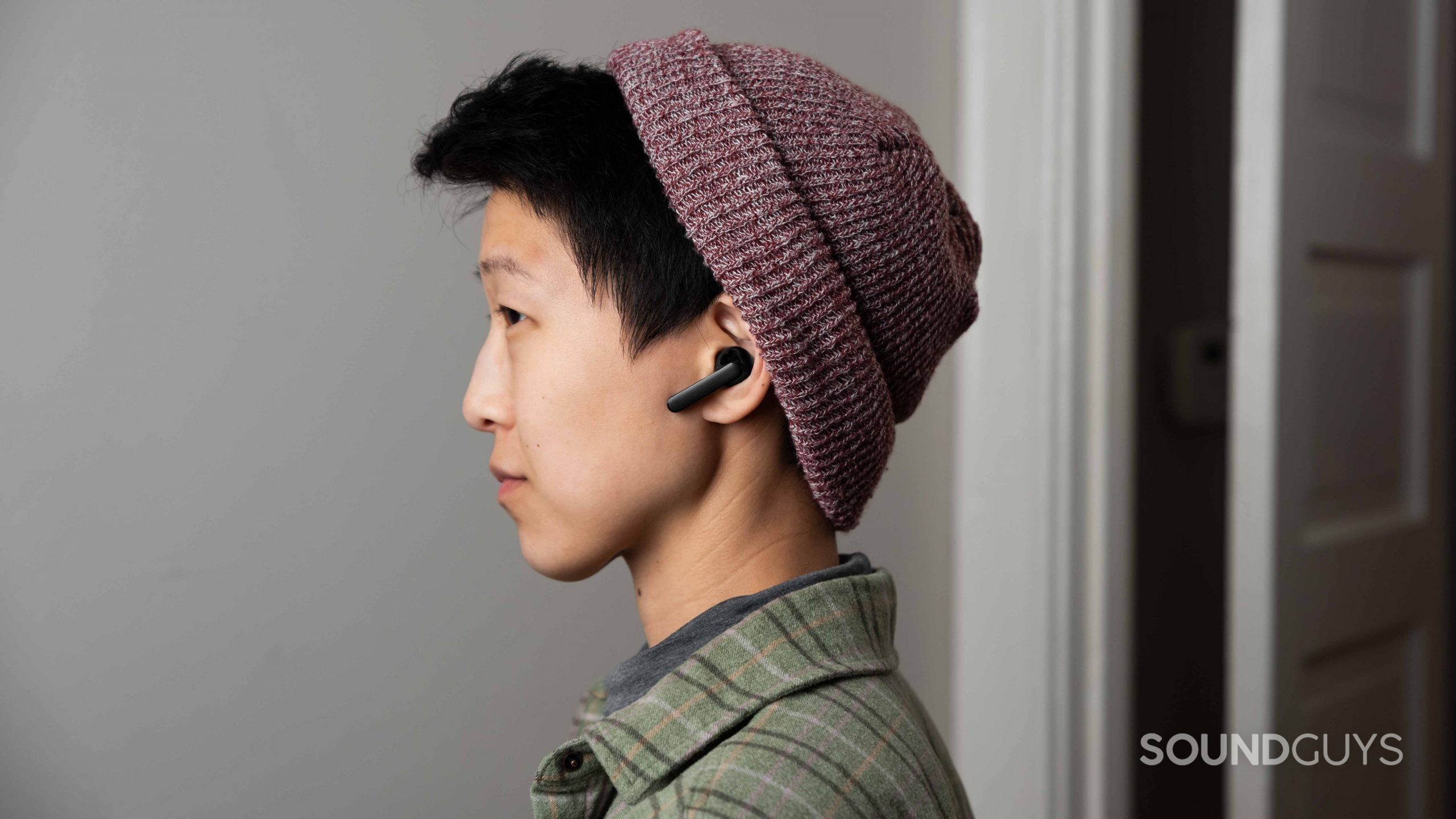All products featured are independently chosen by us. However, SoundGuys may receive a commission on orders placed through its retail links. See our ethics statement.
Take the SoundGuys hearing test
November 15, 2024

A recurring set of figures pops up when searching for audio gear: 20Hz-20kHz. And if you’ve ever wondered why, well, it’s because that’s the range of human hearing… kind of. Let’s get into some frequencies and put your hearing to the test. This can help inform you if you experience hearing loss of any degree. At the end of this, you can even explore other online hearing tests too.
Editor’s note: this article was updated on November 15, 2024, to update formatting, style guide changes.
Is hearing loss normal?
Few of us have undamaged ears because as we age, our hearing naturally declines. Hearing sensitivity diminishes even faster if you’re a frequent concert-goer or someone who works in a noisy environment. Even if you don’t fall into those categories, most of us subject our ears to occasional loud, abrupt sounds throughout our lives, which can impair our hearing in extreme cases. This affects every mechanism of the inner ear, from the tiny sound detecting stereocilia, to the eardrum itself.

While losing your hearing is upsetting, it’s just a natural part of aging. There are specific ways to protect your eardrums (wearing earplugs at a concert, or keeping the volume below 85dB when listening to music), and we can’t stress enough the importance of protecting your kid’s hearing.
But at the end of the day, and during it, most of us don’t even notice our auditory deficiencies, and we bumble through life just fine.
Great question! When used responsibly, headphones will not cause hearing loss and, therefore, tinnitus. The problem is that many of us unwittingly crank up the volume on our headphones to drown out background noise and that can cause hearing loss and its subsequent symptoms. You can read more on the topic here, but listening at lower volume outputs at or below 75dB(SPL) should mitigate your risk of hearing loss.
Do you have hearing loss? Try this simple frequency hearing test
Okay, our test is pretty straightforward, but before starting, enter a quiet environment. If you have barking dogs or meowing cats, give them a toy while you take our online hearing test. Then, don some over-ear headphones and set the volume to 50%.
First up is a 20Hz tone, it flanks the lowest range of our hearing.
If you heard that, nice job. We’re impressed. This next tone shouldn’t be a problem for people with average hearing. It falls in the middle of the human hearing spectrum and is the fundamental frequency of some higher-pitched voices: 2kHz.
All right, that was an easy one. Now’s where things start getting hard. If you’re in your 30s, you probably can’t hear the next two, so let’s start with 16kHz. This is about where AAC cuts out on many Android phones, so if you can’t hear this: you don’t have to worry about quality loss!
This final tone, 20kHz, is the hardest tone for adults to hear that still falls within the human hearing range.
Chances are — unless you’re a bat — you just enjoyed 30 seconds of silence. Congrats, you’ve meditated for the day.
Now, our test is oversimplified to give you an idea of where your hearing stands. While we recommend setting your device volume to 50%, a proper hearing test requires calibration. In the case of HearingTest.online, this means you must listen to a specific audio file and rub your fingers together in front of your face to match the sound of the calibrated file. Ideally, you want to adjust your computer’s volume to match the loudness of when you rubbed your fingers together. You can then complete the online test and receive an audiogram printout.
Can you regain your hearing?

According to the American Speech-Language-Hearing Association (ASHA), many types of hearing loss are permanent. Even surgery can’t remedy Sensorineural hearing loss, the most common permanent type. Fortunately, not all hearing loss is permanent, and you can regain it under certain circumstances. Acute issues like an ear infection from improperly wearing your earbuds or forgetting to clean them are fairly easy to resolve.
Mayo Clinic states that excessive earwax buildup and obstruction can result in a temporary reduction in hearing sensitivity, and if it’s impacted, you can go to a doctor for treatment. What’s more, certain medications cite temporary hearing loss as a side effect, so it’s always important to have a complete understanding of the side effects before you begin a new medication.
Why should you care about auditory health?

While all this testing is fun and interesting, we don’t want it to scare you: a certain degree of hearing loss is standard, and too often, we overestimate our sensory abilities. Hearing is incredibly fragile, and making decisions based on the assumption of perfect “golden ears” only leads to confusion and overcomplicating simple decisions. Seriously, Bluetooth headphones are more than fine enough — even if that tech isn’t perfect.
If you’ve ever gone to too many concerts, worked in construction without hearing protection, or listened to music above 85dB for long periods — you probably don’t have perfect hearing. So stay safe and enjoy the music. After all, we have a vested interest in your ears remaining healthy.
Frequently asked questions about hearing health
Although there is no tinnitus cure, you can treat it with different types of therapy.
Congratulations, that’s quite rare! Lily here; I’m also 27 and, unfortunately, cannot hear this tone.
Tinnitus is described by Mayo Clinic as the perception of noise or ringing in the ears when no external sound is present; these are also referred to as phantom noises. Tinnitus isn’t a condition in and of itself, rather it’s a symptom of a condition, often age-related hearing loss, an ear injury, or circulatory system disorder. Those experiencing tinnitus report perceived sounds like buzzing, roaring, clicking, hissing, humming, and ringing.